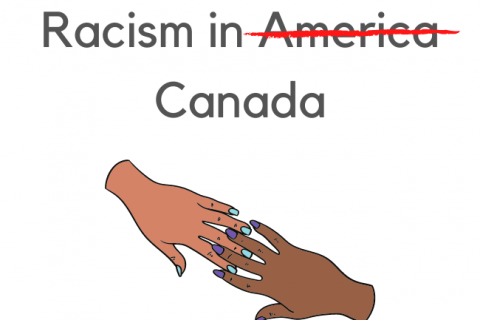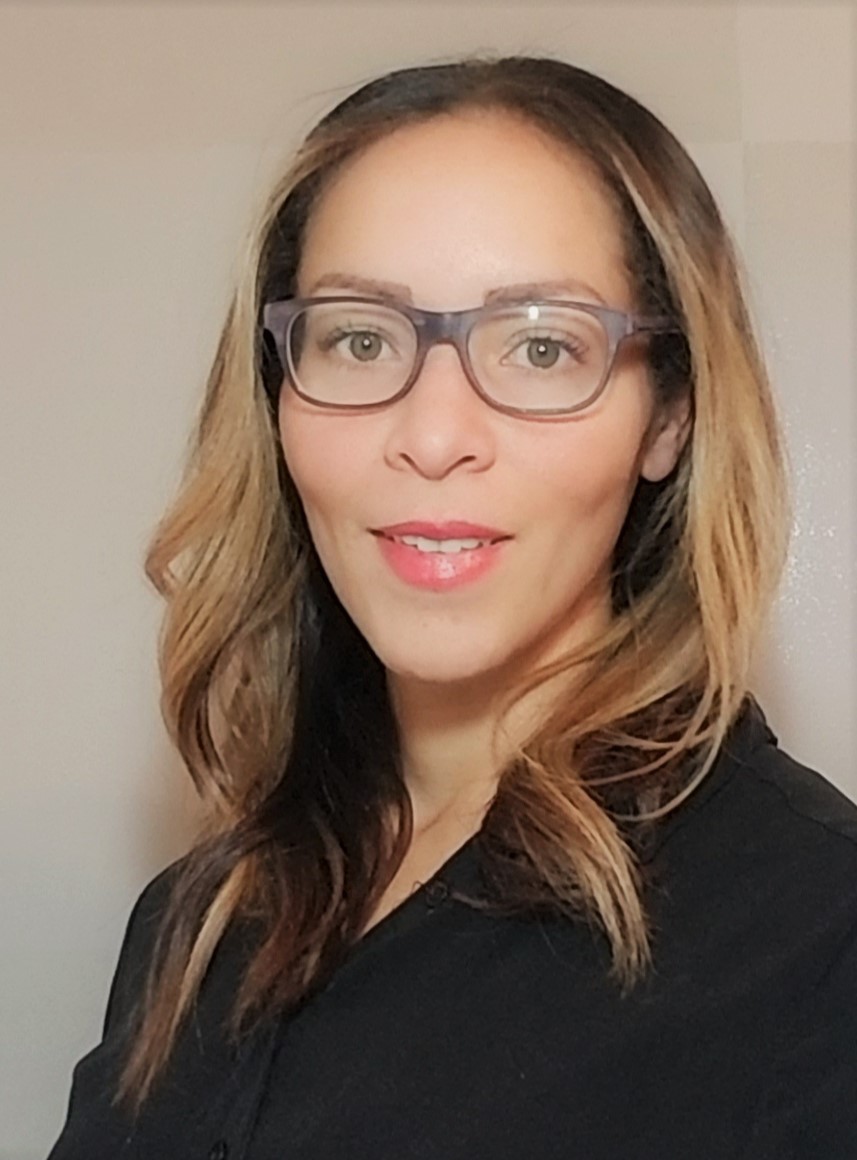
~ 2 minute read
“For those who have seen the Earth from space… the experience most certainly changes your perspective. The things that we share in our world are far more valuable than those which divide us.”
~ Donald Williams
What a time we are living in! As we navigate the new reality of life in the midst of a pandemic, some have likened the horrific mistreatment of black men and women in the United States to a pandemic. The description is apt. By definition, a pandemic is defined as “an epidemic occurring worldwide, or over a very wide area, crossing international boundaries and usually affecting a large number of people” (World Health Organization, 2020).
In the autism community, many of us have been impacted by discrimination or differential treatment of family members, friends, loved ones, clients and/or ourselves. This community understands what it feels like to be treated differently, simply because of being different from others, in ways we cannot control. Perhaps this community can understand why this is a problem and what steps we can all make to bring about real, long-lasting change.
When the events south of the border began, the initial reaction of many Canadians was that racism was not as much of an issue here. A different story has since emerged as People of Colour (POC) have come forward to tell their stories. Systemic racism is so deeply ingrained in our society that many POC have silently accepted and endured the injustices brought upon them.
The outpouring of support from non POC has been a wonderful expression of solidarity in a time that has been so difficult due to the new realities of life in the midst of COVID-19. Yet, there is still so much more that needs to be done. Now that the momentum has started, we can keep the ball rolling by intentionally engaging in the following three steps:
1. Acknowledge that certain groups of people have experienced systemic racism
“Having a limited understanding of other cultures can lead to cultural tunnel vision, a perception of reality based on a very limited set of cultural experiences” (What Does it Mean to be Culturally Competent, www.rapworkers.com).
2. Reflect on your own biases and views
“Take your pulse” and ask yourself the following questions:
-
Am I aware of my own biases?
-
Where do I stand on these issues?
-
Parents, you can take it one step further and ask, “are these biases embedded in the way I raise my children or interact with others?”
-
Professionals can ask, “do these biases impact the ways that I interact with clients, the assessments that I use, or the quality of services provided?”
3. What action needs to be taken?
Human rights activist Desmond Tutu once said, “If you are neutral in times of injustice, you have chosen the side of the oppressor.” Once you have increased your understanding of the problem and acknowledged, identified and reflected on the areas where growth is needed, you are able to act. Educate yourself and your children, employees, managers, colleagues, friends and peers and make a concrete plan to break down the barriers of systemic racism.
Suggested Resources
For Children:
• Whose Toes Are Those? Jabari Asim
• Let’s Talk About Race, Julius Lester
• Kids Books That Talk About Racism, Today’s Parent
https://www.todaysparent.com/family/books-kids-booksthat-talk-about-racism/
• Your Kids Aren’t Too Young to Talk About Race: Resource Roundup
https://www.prettygooddesign.org/blog/Blog%20Post%20Title%20One-5new4
For Adults/Professionals:
• Cultural Competence Resources
http://rapworkers.com/resources/cultural-competence/
• Harvard Implicit Association Test (IAT)
https://implicit.harvard.edu/implicit/takeatest.html
• A Guide to Discussing Identity, Power and Privilege- University of Southern California
School of Social Work
https://msw.usc.edu/mswusc-blog/diversity-workshopguide-to-discussing-identity-power-and-privilege/#closing
• bit.ly/ANTIRACISMRESOURCES
About Jessica Bethel
Jessica is a Board-Certified Behavior Analyst (BCBA) and the Director of the OAP Provider List at Autism Ontario. As a POC and mother of 2 young children (of colour), the issue of systemic racism hits close to home. Jessica has worked in a variety of settings including regional ABA and IBI programs, school boards, residential and treatment homes across the GTA and as a professor and thesis advisor at George Brown College. Jessica is currently working to develop Cultural Awareness and BIPOC* committees with various professional groups, in order to identify and eliminate the barriers faced by racialized clinicians and families.
*Black, Indigenous and Persons of Colour
DISCLAIMER: This document reflects the views of the author. It is Autism Ontario’s intent to inform and educate. Every situation is unique and while we hope this information is useful, it should be used in the context of broader considerations for each person. Please contact Autism Ontario at info@autismontario.com or 416-246-9592 for permission to reproduce this material for any purpose other than personal use. © 2020 Autism Ontario 416.246.9592 www.autismontario.com

